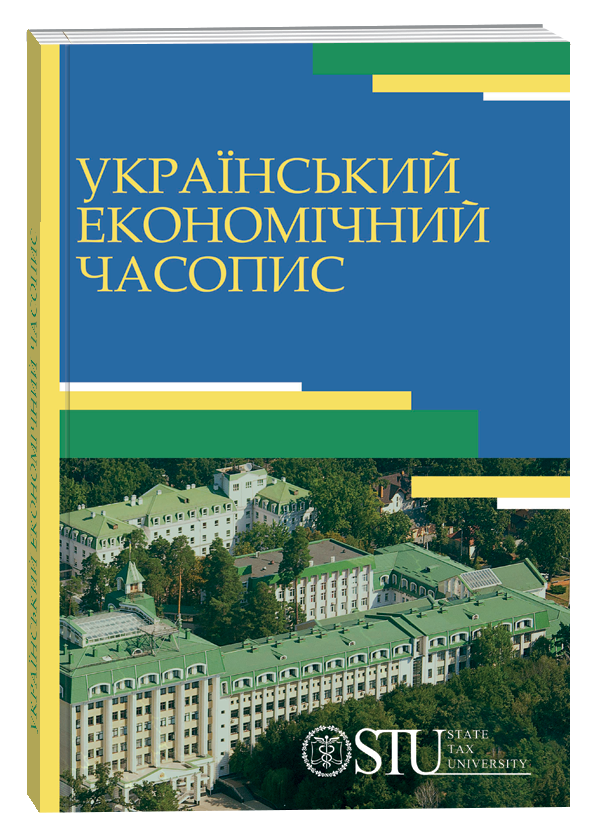ІННОВАЦІЙНИЙ ПОТЕНЦІАЛ СИСТЕМИ ЗАХИСТУ МИТНИХ ІНТЕРЕСІВ ДЕРЖАВИ: ПРАВОВІ ТА СОЦІАЛЬНІ ЕФЕКТИ ІНТЕГРАЦІЇ З ФІНАНСОВОЮ РОЗВІДКОЮ
DOI:
https://doi.org/10.32782/2786-8273/2024-7-12Ключові слова:
митні органи, підрозділи фінансової розвідки, великі дані, блокчейн, спільні платформи для обміну даними, спільна оцінка ризиків, спільні розслідуванняАнотація
У статті досліджено інноваційний потенціал інтеграції, системи захисту митних інтересів та фінансової розвідки із зосередженням уваги на правових і соціальних наслідках такого співробітництва. Передові технології, такі як аналітика даних, штучний інтелект і блокчейн, відіграють вирішальну роль у підвищенні операційних можливостей митних органів, дозволяючи здійснювати моніторинг і прогнозний аналіз у режимі реального часу для виявлення та запобігання відмиванню грошей на основі торгівлі (TBML) та іншій незаконній діяльності. Інтеграція митних органів з підрозділами фінансової розвідки зумовлює необхідність гармонізації нормативно-правової бази. Удосконалене законодавство та нормативно-правові акти сприяють більш ефективному обміну інформацією, скоординованим розслідуванням та правозастосовним діям у різних країнах.
Посилання
Business Transformation and Innovation Division. URL: https://www.cbp.gov/trade/ace/Innovation
customs – fiu cooperation handbook. URL: https://www.wcoomd.org/-/media/wco/public/global/pdf/topics/enforcement-and-compliance/report/wco_fiu_handbook_sanitised-public-version_wco_en.pdf
Customs – fiu cooperation handbook. World customs and egmond group – fiu cooperation handbook. Project group. URL: https://egmontgroup.org/wp-content/uploads/2021/09/2020_CUSTOMS_-_FIU_Cooperation_Handbook.pdf
Customs and Border Protection: Innovation Team Has Opportunities to Mature Operations and Improve Performance. URL: https://www.gao.gov/products/gao-22-105984
Customs programme. URL: https://taxation-customs.ec.europa.eu/eu-funding-customs-and-tax/customs-programme_en
Matsudaira T., Koh J. Customs Administration and Digitalization. URL: https://www.elibrary.imf.org/display/book/9798400200120/CH007.xml
Mccormick W. Four Innovation Principles for Customs and Border Protection. URL: https://www.govconwire.com/2019/06/four-innovation-principles-for-customs-and-border-protection/
Pérez Azcárraga A.A., San Juan R. Chapter 5: Strengthening the Core Customs Processes through Integrated Risk Management. URL: https://www.elibrary.imf.org/display/book/9798400200120/CH005.xml



